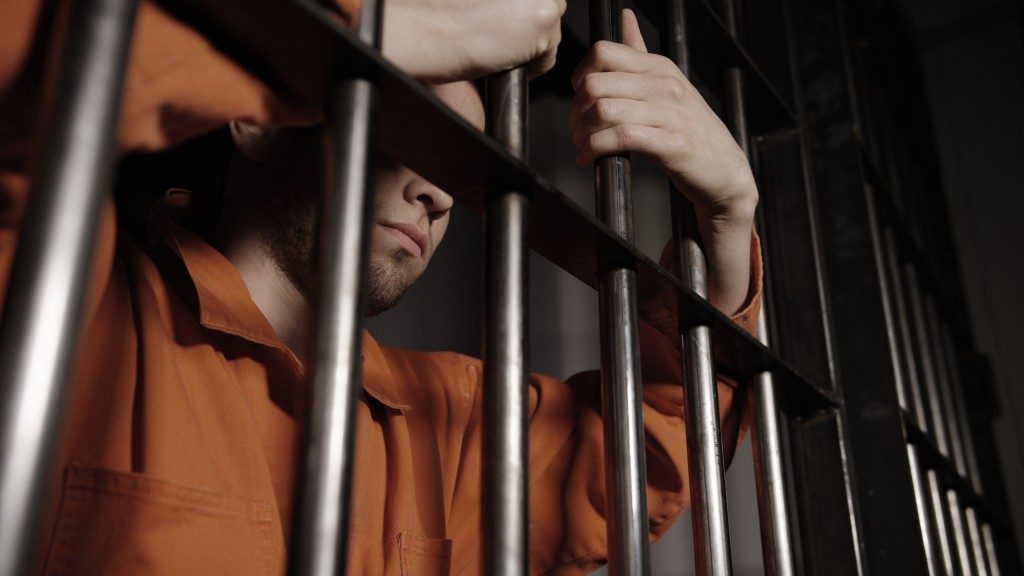Substance abuse-related crimes account for a vast number of incarcerations in Utah’s prison system. State prisons are slowly turning to therapy for their inmates suffering from substance abuse problems instead of prolonged jail time. This practice has reduced State prison populations, but local jails have limited to no access to these alternative programs.
Mental Health, Substance Abuse, and Jail Time
Seventy percent of all inmates in Utah are suffering from mental health issues or substance-use disorders. A good number of them are homeless or destitute. Upon arrest, they have almost no chance of posting bail or even getting Utah bail bonds. They get incarcerated and await their trial date, and that wait can take months. Nearly half of Utah’s prison inmates are still awaiting trial, a testament to the inefficiency of Utah’s justice system. Incarceration can prove to be dangerous for people with mental health issues and substance abuse problems. Seventy-five percent of prison deaths in Weber and Davis county jails were still awaiting trial, and substance abuse withdrawal accounted for 25 percent of those deaths. Prison staff can rarely prevent self-harm and are ill-equipped to handle withdrawal symptoms and their accompanying problems. Hospitals and rehabilitation centers are better fit to deal with these inmates, but sometimes identifying inmates who need serious help takes time.
Excessive Bail for Misdemeanors
Utah judges set unreasonably high bail —, especially for mere misdemeanors. Drug possession has long been downgraded from a felony to a misdemeanor more than two years past. However, judges still set excessive amounts for bail without knowing how much a defendant can afford. Excessive bail is one of the reasons Utah prisons are packed almost to the brink. Some defendants—regardless of guilt or innocence—choose to take plea bargains, so that they can return to their lives and their families sooner. The right to post bail is a fundamental one, but defendants are hardly given the opportunity to post reasonable bail to avoid jail time.
Reforms in the Justice and Prison System

In the past year, reforms in the justice system gave judges more information regarding the defendant, instead of just relying on the account of the arresting officer. Judges can review a defendant’s history (or lack thereof) of violent crime, missed hearings, and other factors that can increase a defendant’s flight risk as well as the danger he may pose to the community. This can be helpful to first-time offenders but harmful to those already in the system. The Criminal Justice Reform Bill, recently signed by President Trump, also decreases sentences for non-violent crimes and provides alternative avenues for reform. The bill also gives judges more leeway in sentencing and gets rid of President Clinton’s three-strike policy for drug felons. It will allow inmates to serve part of their sentence in halfway houses or confined within the bounds of his or his family’s home.
Substance abuse is better treated in rehabilitation centers than in prisons. Utah’s justice and prison systems aren’t perfect, but steps are slowly being taken to fix the system or at least solve the problem.